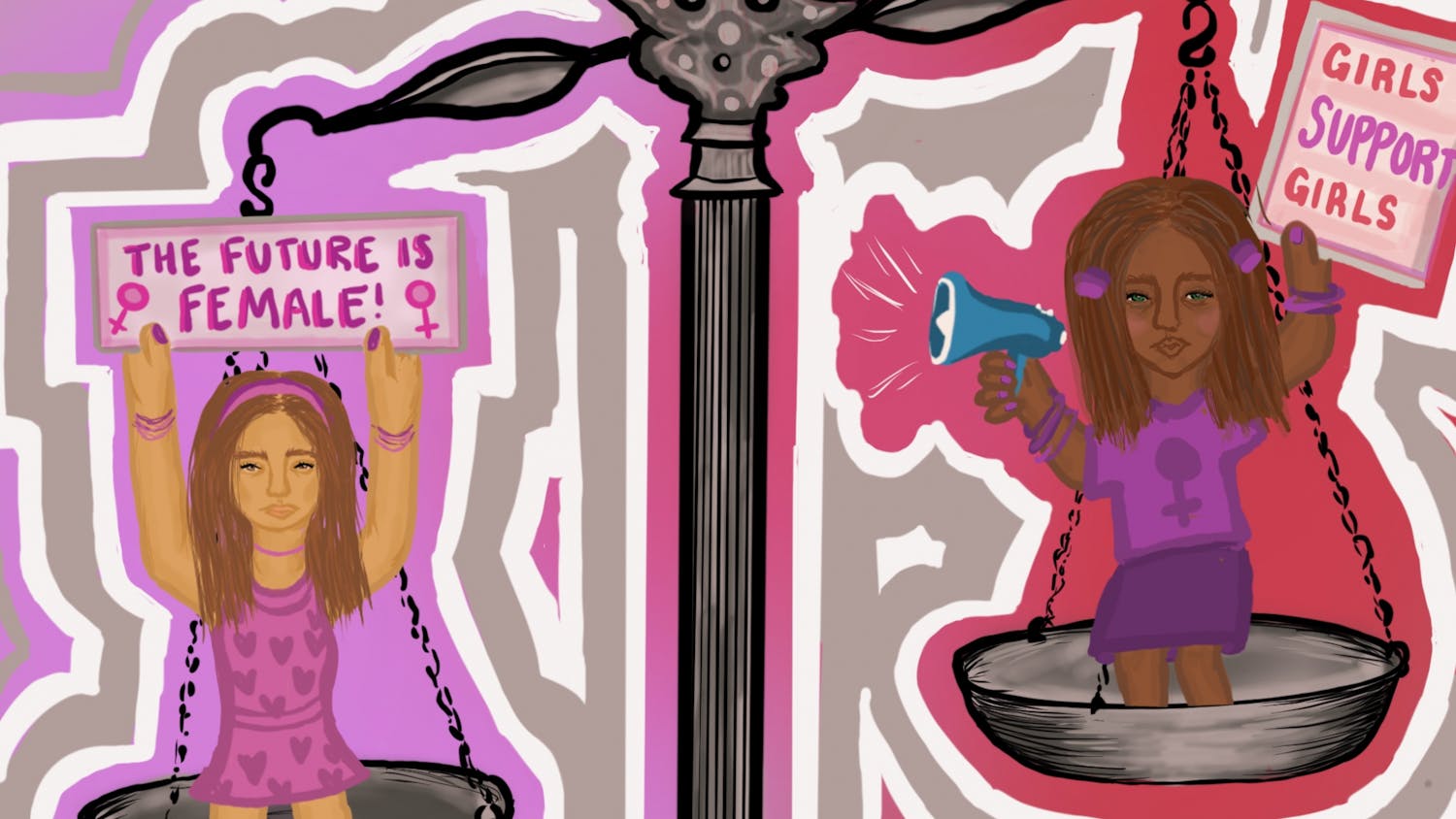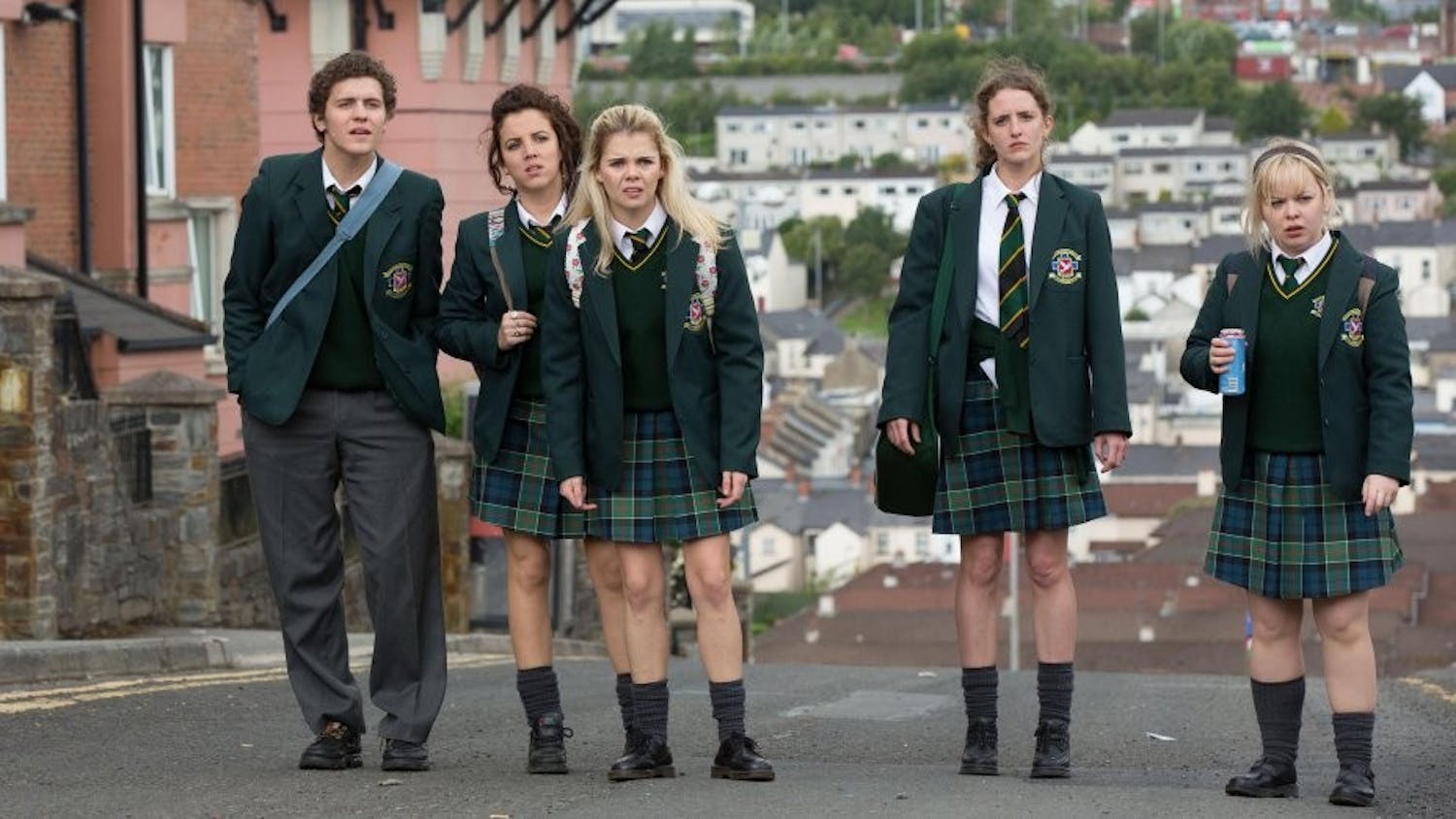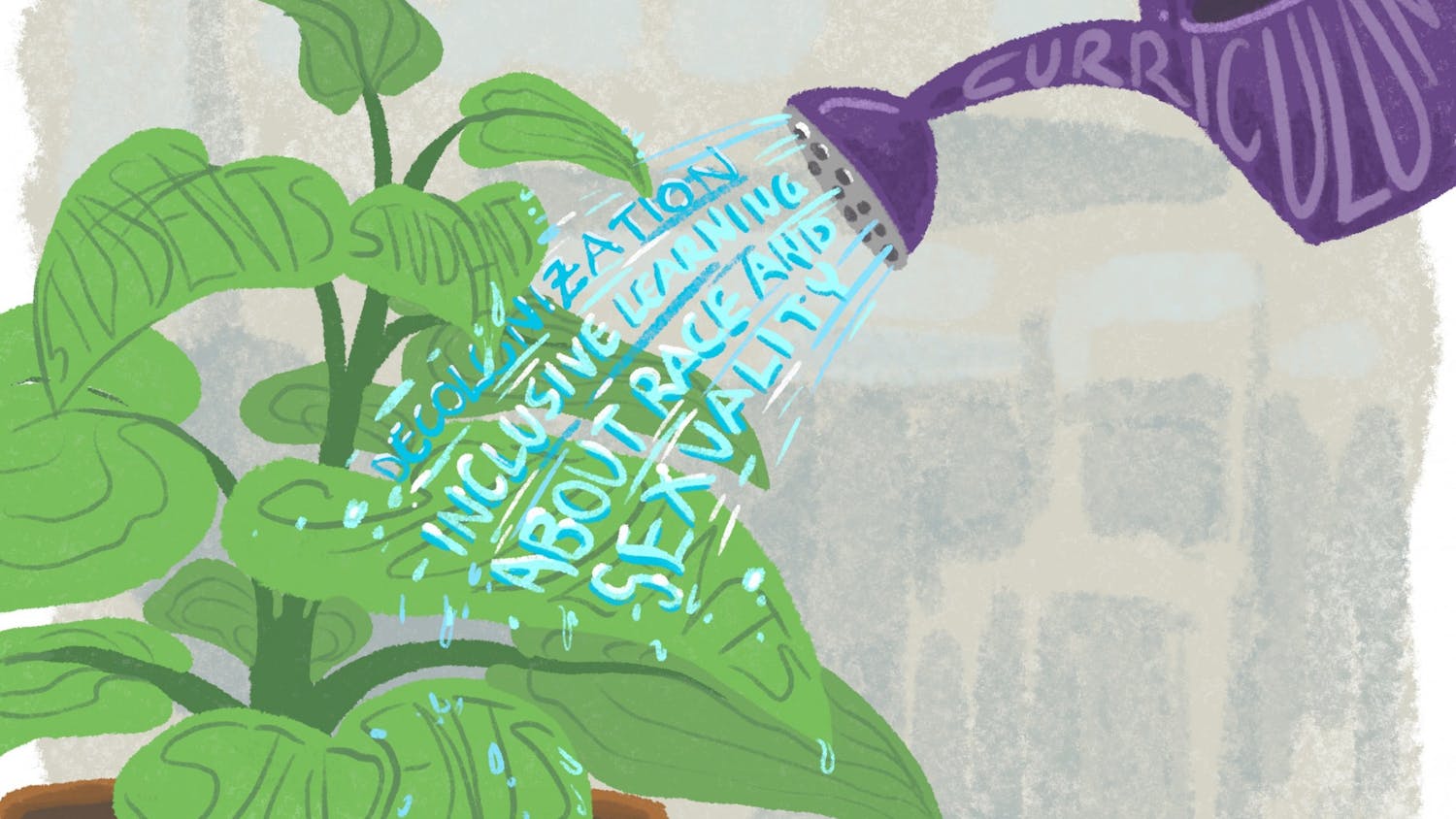History probably wasn’t every student’s favorite subject growing up in school. There was always so much information to remember in history class, such specific dates, time periods, people and locations for exams and papers.
U.S. History and World History were required courses in high school and you learned a bit here and there in middle school. You would spend an enormous amount of time on the “Founding Fathers” and all the dynasties and empires that rose and fell throughout the world.
But did you ever learn about feminism? Did you ever cover any of the feminist waves? Why aren’t these topics a part of the core curriculum in history classes?
We live in the 21st century where the youth has the most to offer. These topics have been around for centuries and they are just as important to how society has evolved as the dynasties and empires. How do we educate the youth about the importance of protest and social movement when we don’t include this information in their daily school curriculum?
Whenever we talk about protest in history we often equate it with the Civil Rights Movement. While this is important, we also need to be educating students about feminist figures such as Maya Angelou, Mary Wollstonecraft, Bell Hooks and the long list that follows.
Every school system should have a better emphasis on feminist education as well as women and gender studies. Most students don’t get this education at school or at home. How do we expect them to know anything about it?
Everyone should be a feminist. It’s not about hating men, it’s about respect and equal representation for all. Gloria Steinem, a well-renowned feminist, author and activist, once said, “A feminist is anyone who recognizes the equality and full humanity of women and men.” By not giving these topics significant importance, you tell every child that their voice in this movement doesn’t really matter.
We already live in such a male-dominated society that we don’t need every aspect of our education to be centered around them. Those who have already come and fought for this movement did not do it for nothing.
Even though they are not here anymore their struggles and fight still deserve to be talked about today, tomorrow and 10 years from now. That’s why they did what they did. Even if they didn’t achieve any change immediately, they at least deserve a conversation.
This past January probably one of the most memorable world-wide marches took place. The Women’s March that occurred the day after the Presidential Inauguration shook the world. It wasn’t just women who came together, it was also men and children who partook in this demonstration of strength and unity. They marched for the same rights that were fought for years ago.
Students should be educated about the fight that led up to the march. It didn’t just happen overnight. The march wasn’t solely based on the outcome of the election. You can’t tell American history without the fundamental women who helped shape it. It was a woman who made our American flag, it is a woman who is our Statue of Liberty, it is a woman who’s land we grace, and it is a woman who runs our university.
We have already gone too long without properly educating students about these survivors, campaigners, and activists that a change needs to happen now. A reform in the historical education will prepare students better for the issues they face outside of the classroom. Most of the lessons you currently learn, you don’t even remember learning.
Chelsea is a freshman intending on majoring in journalism. Do you think that history books leave out feminist leaders? Please send questions, comments or concerns to us at opinion@dailycardinal.com.






